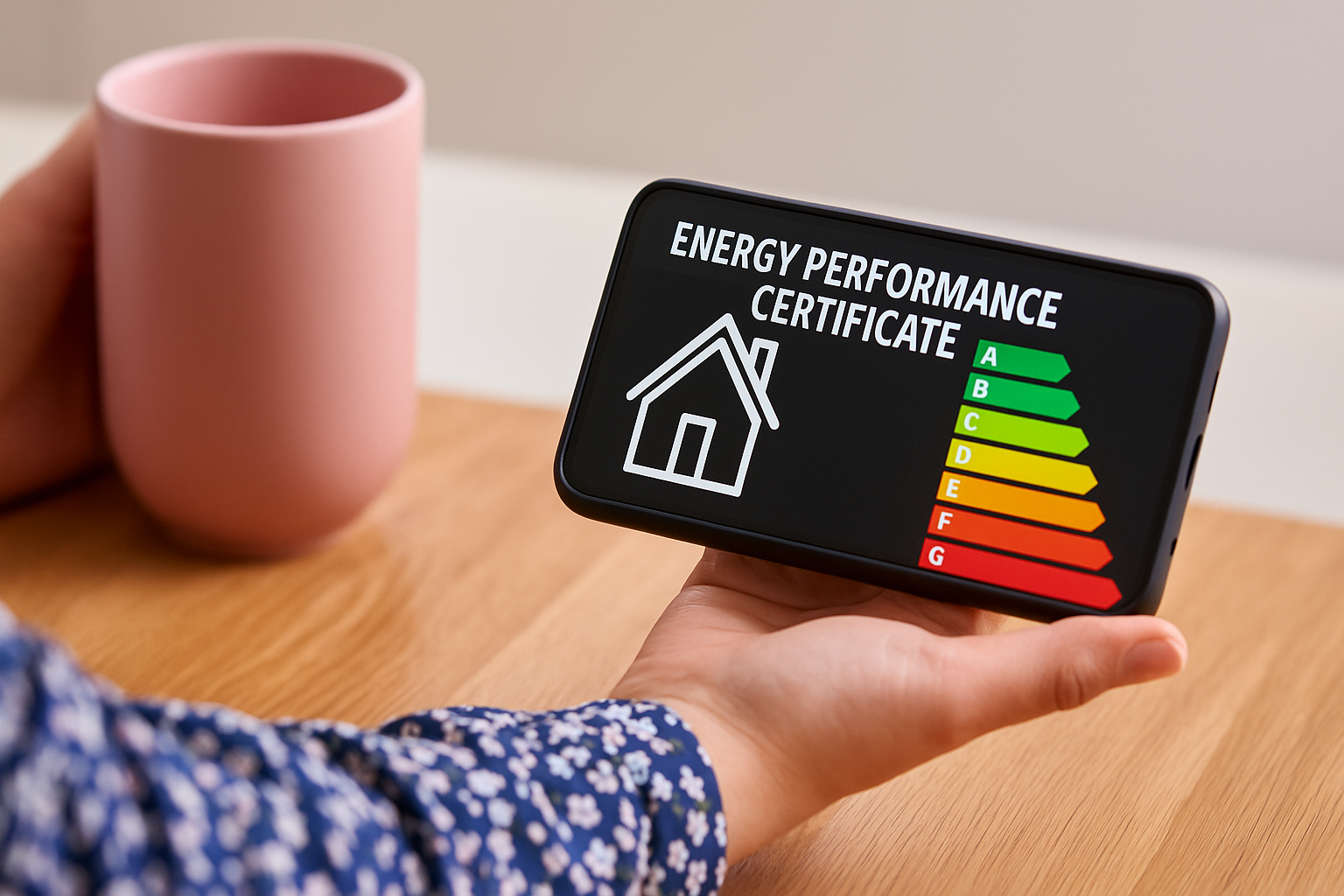Understanding EPC: The Essentials Every London Landlord Must Know
An Energy Performance Certificate (EPC) is a legally required document that provides an energy efficiency rating for a property, ranging from A (most efficient) to G (least efficient).
In the current property climate, EPCs have become a critical requirement for landlords aiming to let or sell properties in London.
It is illegal to rent a residential property without a valid EPC rated at least E or above under the Minimum Energy Efficiency Standards (MEES) regulations.
The EPC includes recommendations for improving the property’s energy performance, helping landlords and tenants understand the cost implications and environmental impact of their energy use.
Why is an EPC Mandatory for London Landlords?
Compliance with Legal Obligations:
Under the Energy Performance of Buildings (England and Wales) Regulations 2012, landlords must provide prospective tenants or buyers an EPC.
Non-compliance can lead to hefty fines of up to £5,000 per property.
Tenant Expectations:
Modern tenants are increasingly energy-conscious. A poor EPC rating can deter potential renters who are mindful of energy bills and environmental impact.
Increasing Property Value:
A better EPC rating often boosts property value. Properties with an A or B rating are easier to rent out and command higher rental income.
Access to Green Mortgages and Incentives:
Properties with better energy ratings can be eligible for green mortgage products and government incentives, giving landlords a competitive advantage in the rental market.
What Happens if Your Property Fails to Meet EPC Requirements?
If a London landlord tries to let a property without a valid EPC rated E or above, they risk civil penalties, difficulty renting the property, and reputational damage.
In serious cases, enforcement actions can result in prohibition orders against renting the property altogether.
How London Estate Agency Helps Landlords with EPC Compliance
At London Estate Agency, we offer a seamless EPC service tailored for landlords who want full compliance without stress.
We coordinate certified Domestic Energy Assessors (DEAs) to promptly inspect and produce your EPC.
Furthermore, if your property requires improvements to meet the necessary standards, we provide expert advice and project management to get your property compliant, quickly and cost-effectively.
The EPC Process Explained
- Inspection Booking:
- We arrange for a professional DEA to conduct a site visit conveniently.
- Energy Assessment:
- The DEA assesses heating systems, insulation, lighting, and other critical areas affecting energy performance.
- Certification Issuance:
- An EPC certificate valid for 10 years is issued and registered on the national EPC database.
- Improvement Recommendations:
- If your property scores low, actionable and cost-effective recommendations are provided to help you achieve a better rating.
Frequently Asked Questions About EPCs for London Landlords
What properties require an EPC?
All domestic and commercial properties for sale or rent must have a valid EPC, with few exceptions like some listed buildings.
How long does an EPC remain valid?
An EPC remains valid for 10 years from the date of issue, unless significant renovations are carried out, in which case a new EPC is advisable.
What is the penalty for not having an EPC in London?
Failure to provide a valid EPC can result in fines of up to £5,000, depending on the property type and duration of non-compliance.
Can I let my property with an EPC rating below E?
Only with a valid exemption registered. Otherwise, you must make the necessary upgrades to meet the minimum standard.
How much does an EPC cost?
EPC costs vary based on property size and type, but we offer competitive rates bundled with our other landlord services at London Estate Agency.
What improvements can I make to boost my EPC rating?
Typical improvements include installing better insulation, upgrading heating systems, fitting energy-efficient lighting, and using double-glazing windows.
Is an EPC needed if I renew a tenancy agreement with the same tenant?
Not usually. An EPC is required when a new tenancy is created or when a property is sold.
How a Better EPC Rating Benefits London Landlords
Lower Void Periods:
Energy-efficient properties are in higher demand, meaning faster tenant placement and reduced vacancies.
Higher Rents:
A strong EPC rating supports higher rental income, especially in a competitive city like London.
Future-Proofing Against Regulatory Changes:
The government is considering raising the minimum EPC requirement to C by 2028. Preparing early protects your investment.
Environmental Responsibility:
Owning an energy-efficient property shows social responsibility and can improve your brand image as a landlord.
Why Choose London Estate Agency for Your EPC Needs?
- Fast, Reliable Service
- Certified Domestic Energy Assessors
- Full Compliance Management
- Advice on Cost-Effective Upgrades
- Competitive Pricing Bundled with Other Landlord Services
We are committed to making the EPC process smooth and stress-free, ensuring you stay compliant and maximize the value of your London property.
Partnering with a specialist like us is essential for landlords who want to keep rental income flowing without interruptions or penalties.
Take Action Today
If you are a London landlord, have not updated your EPC, or are unsure about compliance, contact London Estate Agency today.
We ensure your property meets all legal requirements, keeps tenants happy, and maintains your property’s marketability and value.





